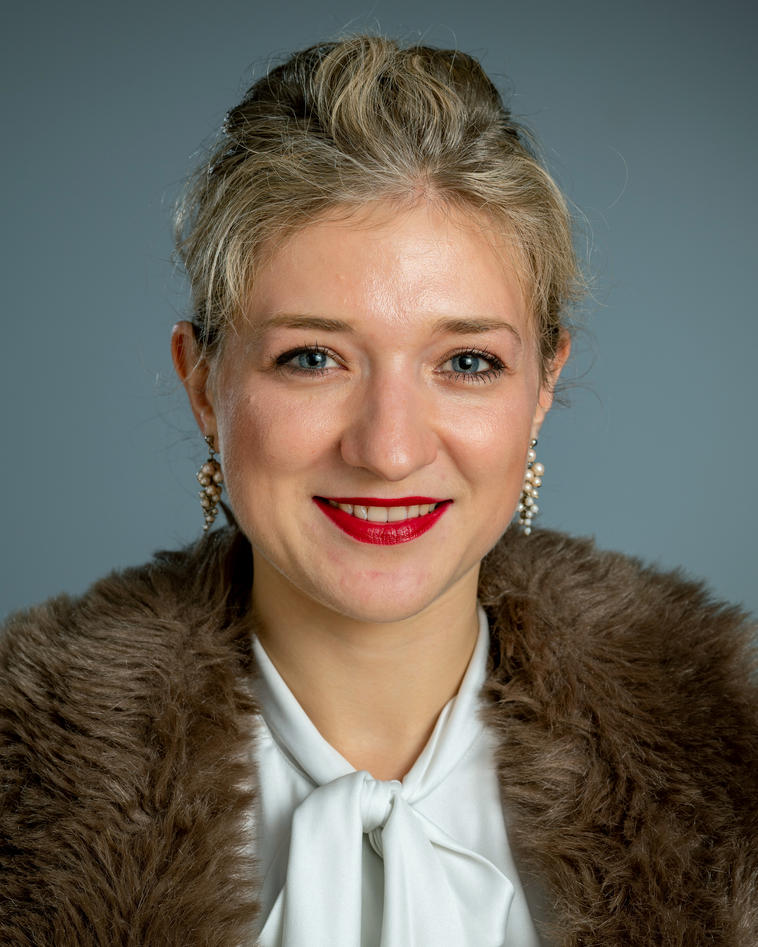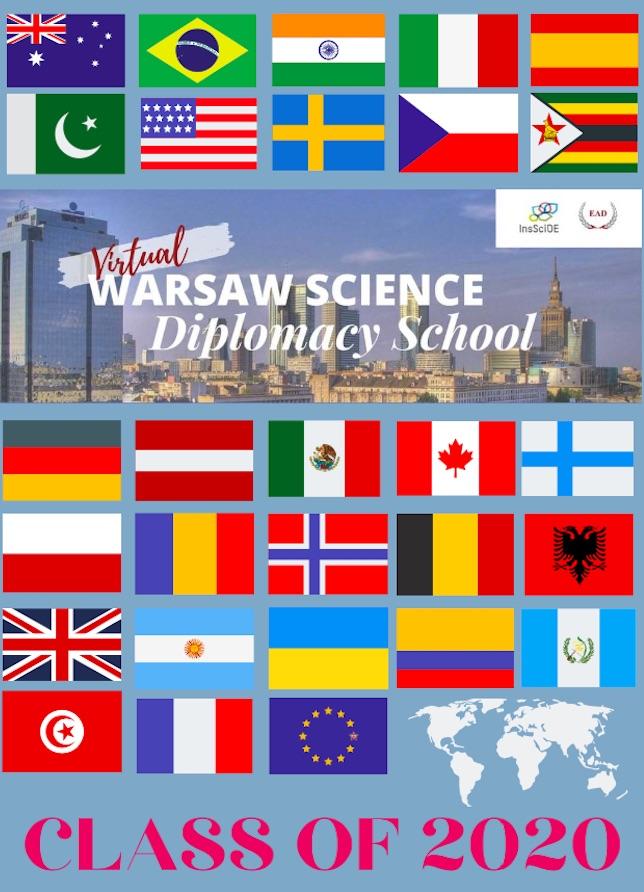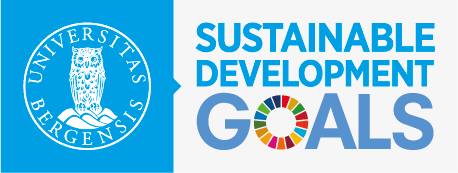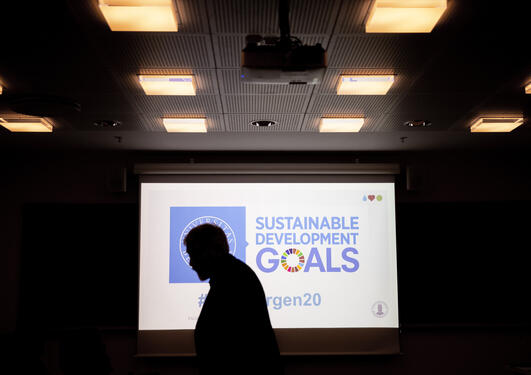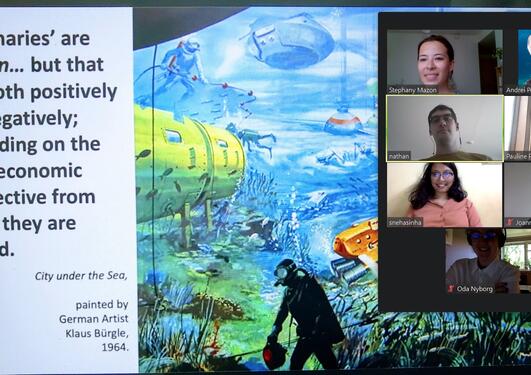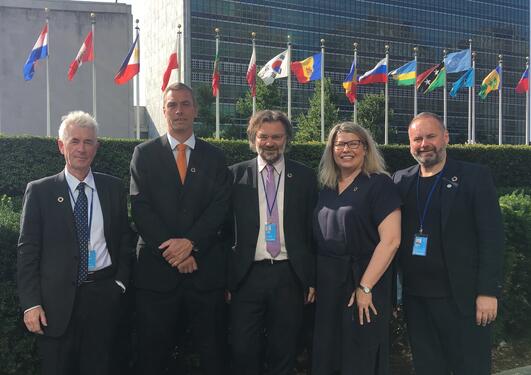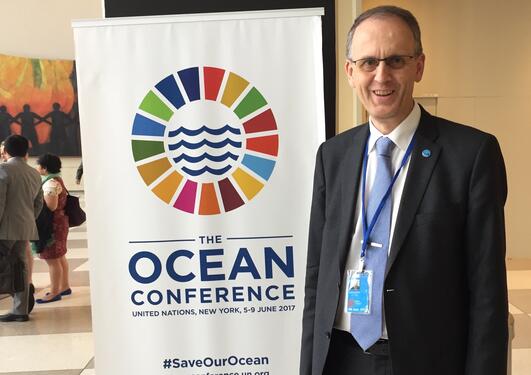Science diplomacy for global challenges
Postdoctoral Fellow Joanna Siekiera reports on a new summer school educating the science diplomats of the future, with participation from around the world.

Main content
Postdoctoral Fellow Joanna Siekiera at the University of Bergen’s Faculty of Law and legal adviser to the Mare Nullius project, was participating in Warsaw Science Diplomacy School in June 2020. The event was organized by the European Academy of Diplomacy and the European Commission supported Horizon 2020 project Inventing a shared Science Diplomacy for Europe (InsSciDE).
Warsaw Science Diplomacy School (WSDS) gathered an international and interdisciplinary group of students in online sessions focused on science diplomacy and its applications to global challenges. The WSDS Class of 2020 consisted of 28 participants from 6 continents, 10 EU member states and 27 countries in total, where the vast majority were of different nationality and country of residence, just like in Joanna's case who was representing Norway and Poland.
As it is typical for science diplomacy, there were many crossovers between initial fields of training and present areas of expertise among participants, all aiming to become future science diplomats. Students chosen among many candidates held a rich assortment of experiences and ambitions. Those participants were graduates of various disciplines, mostly of science, technology, engineering, and mathematics (STEM), humanities and social sciences, diplomatic training and international relations, although several hybrid disciplinarians were also in attendance. For instance, one of the students was both a medical clinician and a technologist/innovator. There were several persons with advanced degrees in public policy, like Joanna, some were already playing international relations roles in large science organizations or in diplomatic missions.
The principal organizers and instructors in the summer school are all engaged in the InsSciDE consortium, to which the following institutions belong: Sorbonne Université, Universitetet i Tromsø, Universidade NOVA de Lisboa, National Technical University of Athens, KTH Royal Institute of Technology, Università degli Studi di Padova, Universität Wien, Johannes Gutenberg University Mainz, The Swedish Institute of International Affairs, Chalmers University of Technology, University of Veterinary Medicine in Budapest, and The University of Manchester.
The WSDS 2020 participants were divided into four teams:
- Natural resources as public goods for global health: Biodiversity negotiations;
- Dealing with the Plague in Oporto 1899-1900: A Matter of Global Epidemic Diplomacy;
- Barbosa du Bocage: Scientists in diplomacy during the Scramble for Africa;
- UN Convention on the Law of the Sea (UNCLOS): A co-production of science and diplomacy, where Joanna was put due to her research on legal consequences of ocean change.
The Warsaw Science Diplomacy School was launched through the EU Science Diplomacy Cluster (InsSciDE, S4D4C, EL-CSID), which is expected to be a permanent network for the science diplomacy community in Europe. Joanna Siekiera has also accomplished the S4D4C European Science Diplomacy Course in May 2020.
